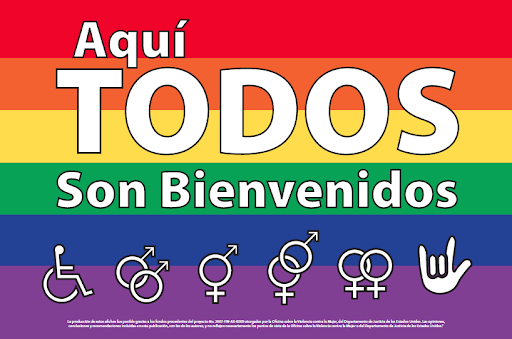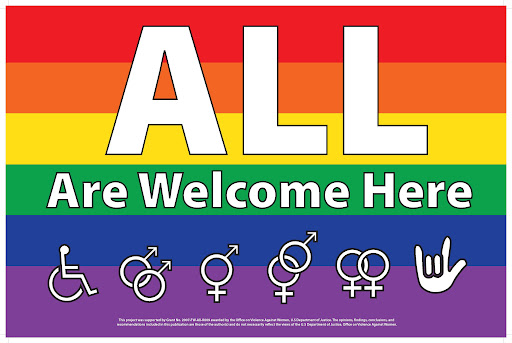Sex Trafficking
What Is Sex Trafficking?
Sex trafficking is a form of modern-day slavery where individuals are forced, coerced, or manipulated into engaging in commercial sex acts against their will. It can happen to anyone—regardless of age, gender, race, or background—but traffickers often target vulnerable individuals, including those experiencing poverty, homelessness, abuse, or lack of support.
People being trafficked may be:
-
Controlled by threats, violence, or emotional manipulation
-
Promised false opportunities like modeling jobs, love, or housing
-
Trapped in situations they cannot escape due to fear, shame, or dependency
Signs of Sex Trafficking
Recognizing the warning signs can save lives. Someone may be a victim of trafficking if they:
-
Appear fearful, anxious, or submissive
-
Avoid eye contact or social interaction
-
Are unable to speak for themselves or control their own identification or money
-
Work long hours under poor conditions
-
Have tattoos or branding linked to ownership
-
Show signs of physical abuse, malnutrition, or neglect
-
Have a relationship that seems controlling or too fast/intense
How It Happens
Traffickers use many tactics to gain control, such as:
-
Grooming through flattery, gifts, or fake relationships
-
Force like physical violence or sexual assault
-
Coercion through threats, blackmail, or manipulation
-
Isolation from friends, family, or support systems
Trafficking often happens online, in hotels, homes, schools, or even in plain sight in our communities.
Who Is Most At Risk?
While anyone can be trafficked, higher-risk populations include:
Runaway or homeless youth
Survivors of abuse or neglect
LGBTQ+ individuals
Immigrants or non-native English speakers
People involved in the child welfare or juvenile justice system
Get Help Now
If you need immediate help or suspect someone is being trafficked, contact us:
Haven House Crisis Line: 1-800-440-4633
All services are free and confidential.
If you are in danger, please call 911.




